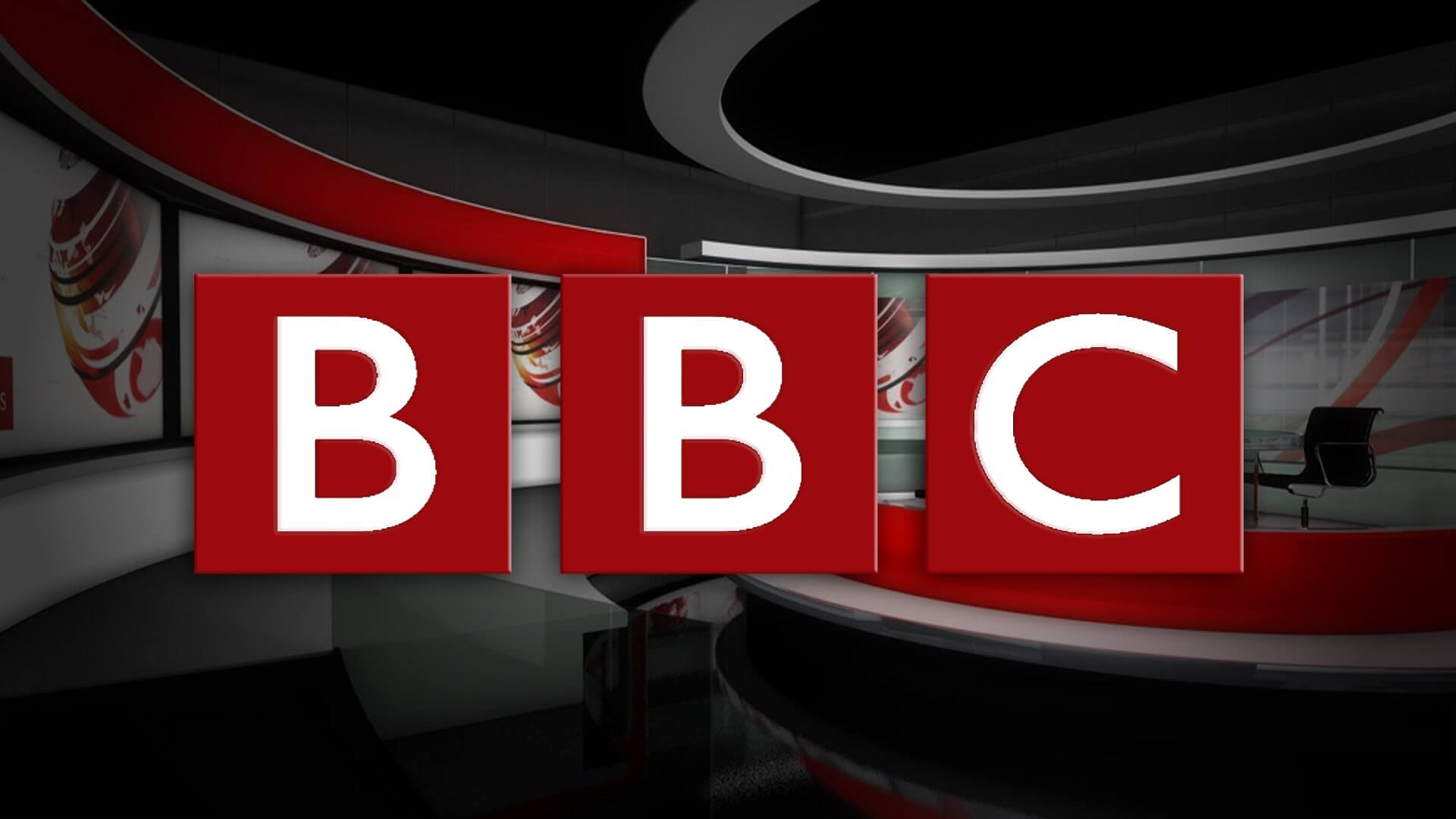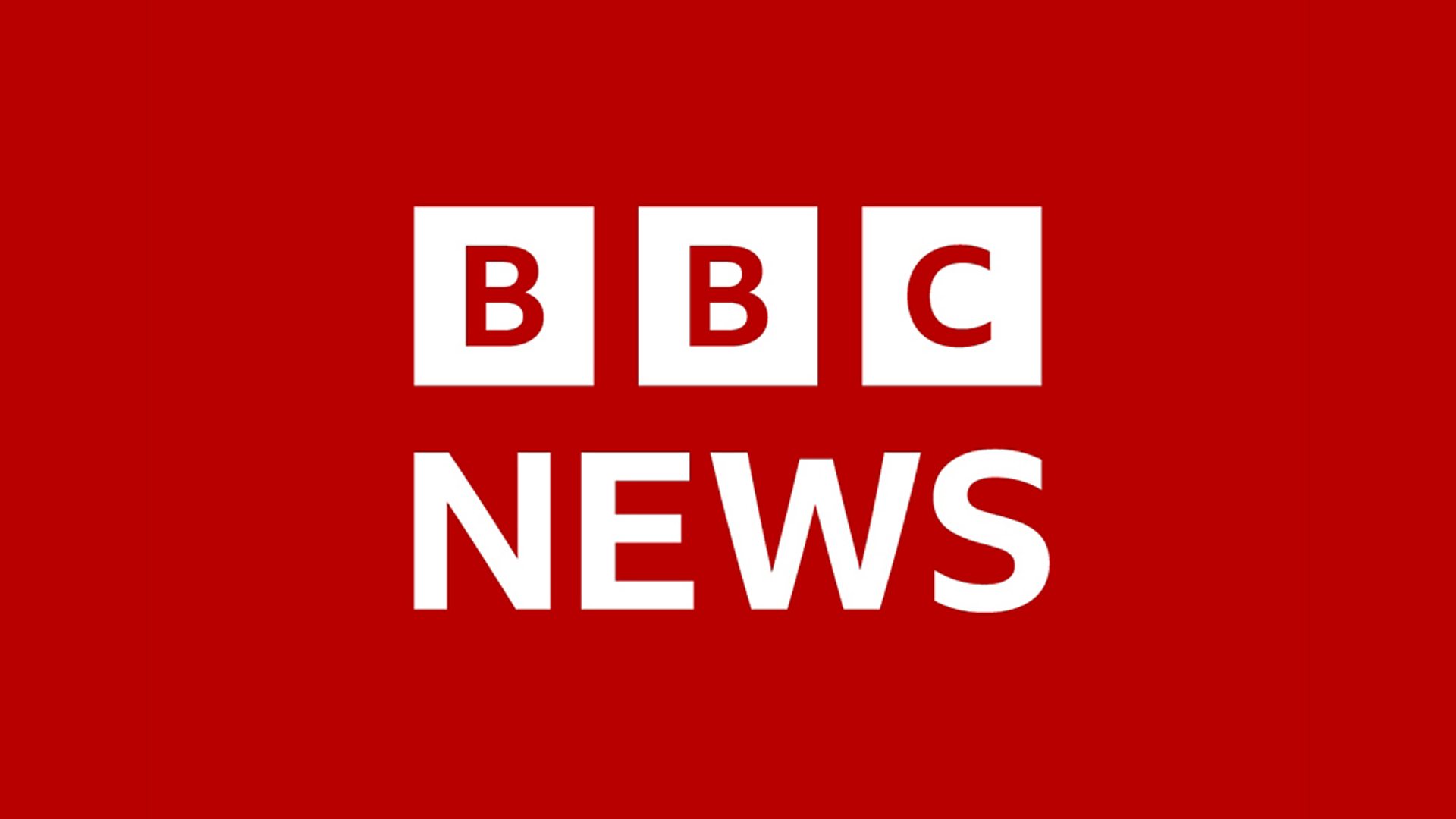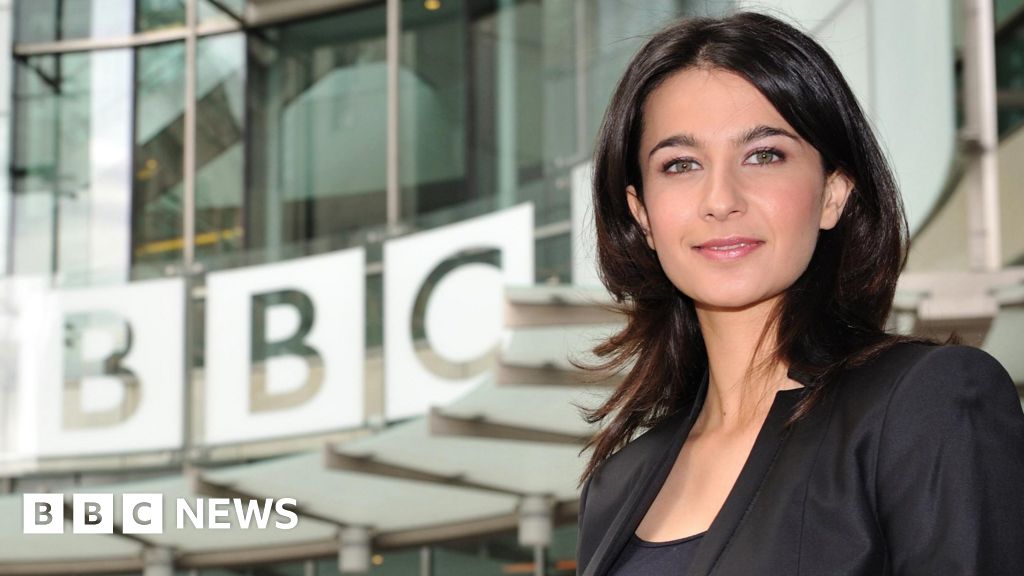Decoding BBC Weather's Gaze On Shiraz, Iran: Beyond The Forecast
Table of Contents
- The Global Reach of BBC Weather: A Trusted Voice
- Shiraz: A City Steeped in History and Climate
- Unpacking the Shiraz Weather Forecast: What the Data Reveals
- The Science Behind the Forecast: From Data to Daily Life
- Beyond the Numbers: The Cultural and Political Lens of BBC Reporting
- Why Accurate Weather Matters: From Agriculture to Daily Commute
- Navigating International Media: Critical Consumption
- Conclusion: The Intertwined World of Weather, Media, and Geopolitics
The Global Reach of BBC Weather: A Trusted Voice
The British Broadcasting Corporation, or BBC, stands as a venerable institution in the world of media. Its reputation for impartial reporting and high-quality programming has been cultivated over decades, making it a benchmark for many. From its in-depth documentaries covering nature, history, and science—like the captivating "BBC Planet Dinosaur" or "Walking with Dinosaurs" which meticulously recreate prehistoric worlds—to its daily news and weather segments, the BBC strives for accuracy and comprehensive coverage.BBC's Legacy in Broadcasting
For many, the BBC represents the epitome of public service broadcasting. Its commitment to factual reporting and educational content has earned it a global audience. Indeed, some consider BBC programs, particularly those focused on current affairs and global issues, to be "the most authentic and pure British programs." This dedication to quality is evident even in its language learning materials, where "two anchors discuss a topic, which is very suitable for British accent lovers to imitate and learn," often accompanied by "PDF texts that can be printed out and studied repeatedly," making the learning process "quite engaging." This level of detail and commitment to its audience underscores why the BBC is often seen as a trusted source, even when discussing the weather in a distant city like Shiraz.The Partnership with MeteoGroup
Crucially, BBC Weather does not operate in a vacuum. Its forecasts are provided "in association with MeteoGroup, external." This partnership highlights the specialized nature of weather forecasting, relying on dedicated meteorological expertise and advanced modeling. MeteoGroup is a leading private weather company, providing highly detailed and localized forecasts across the globe. This collaboration ensures that the data presented by BBC Weather for locations like Shiraz, Iran, is backed by professional meteorological science, adding another layer of credibility to its reports. This professional association is vital for maintaining the E-E-A-T principles of expertise, authoritativeness, and trustworthiness, especially when dealing with critical information like weather that can impact lives and livelihoods (YMYL criteria).Shiraz: A City Steeped in History and Climate
To truly appreciate the significance of a weather forecast for Shiraz, one must understand the city itself. Shiraz, located in the Fars province of Iran, is not just a dot on a map; it is a city of immense historical, cultural, and economic importance. Known for its gardens, poetry, and wine (in ancient times), Shiraz is a symbol of Persian culture.Geographical and Climatic Context
The geographical coordinates provided by BBC Weather—"Shiraz is 1721 m above sea level and located at 29.63° N 52.57° E"—are not just technical details; they are key to understanding its climate. Being situated at a relatively high altitude, Shiraz experiences a different climate than many other Iranian cities. Its elevation contributes to cooler summers and colder winters compared to lower-lying regions. This unique positioning means that detailed and accurate weather forecasting, such as that provided by BBC Weather for Shiraz, is essential for its residents and those planning to visit or conduct business there. The interplay of altitude, latitude, and longitude dictates the atmospheric conditions, making precise meteorological reporting invaluable.Unpacking the Shiraz Weather Forecast: What the Data Reveals
When you visit the BBC Weather page for Shiraz, Iran, you are presented with a wealth of information designed to give a comprehensive overview of the expected conditions. This isn't just a simple high/low temperature; it's a detailed meteorological snapshot.Understanding the 14-Day Trend
A key feature is the "14-day weather trend for Shiraz (Fars, Iran) with daily weather symbols, minimum and maximum temperatures, precipitation amount and probability." This extended forecast is incredibly useful for planning. For instance, farmers in the surrounding agricultural areas of Fars province would rely on such long-range forecasts to manage irrigation, planting, and harvesting. Similarly, event organizers or construction companies would use this data to schedule their activities, minimizing risks associated with adverse weather. The symbols provide a quick visual cue, while the numerical data offers precision. "Everything you need to know about today's weather in Shiraz, Fars, Iran," includes "High/low, precipitation chances, sunrise/sunset, and today's temperature history," painting a complete picture for the user. The availability of "current, hourly, 14 days weather forecast, radar, precipitation, UV index, wind, air quality, weather photos by photographers" further enhances the utility, providing a holistic view of the atmospheric conditions. All times are carefully noted as "Iran Standard Time (Asia/Tehran, GMT+3:30) unless otherwise stated," ensuring clarity for an international audience.Decoding Deviance and Uncertainty
One of the most transparent and valuable aspects of the BBC Weather forecast, particularly for Shiraz, is the inclusion of "deviance coloured within the temperature graph." This feature is a hallmark of responsible and expert weather reporting. "The stronger the ups and downs, the more uncertain the forecast will be. The thick line represents the most probable trend." This visual representation of uncertainty is crucial for users. It acknowledges that weather forecasting, while scientific, is not an exact science, especially for long-range predictions. By showing the potential range of temperatures, the BBC empowers users to make more informed decisions, rather than presenting a single, potentially misleading, deterministic forecast. This commitment to transparency directly contributes to the trustworthiness aspect of E-E-A-T, as it educates the user about the inherent limitations and probabilities in forecasting. It highlights that the data is dynamic and subject to change, reflecting a realistic approach to meteorological science.The Science Behind the Forecast: From Data to Daily Life
The detailed weather conditions presented for Shiraz—including "temperature, humidity, wind speed, snow, pressure, etc."—are the result of complex meteorological models and data collection. Weather stations across Iran, satellite imagery, radar data, and atmospheric pressure readings all feed into sophisticated computer models. These models then simulate the atmosphere's behavior, predicting future conditions. The partnership with MeteoGroup ensures that BBC Weather leverages cutting-edge technology and expertise to process this vast amount of data. For the average user in Shiraz, or someone planning a trip there, this scientific rigor translates into practical utility. Knowing the humidity levels can inform comfort levels; wind speed is critical for aviation and outdoor activities; and pressure changes can indicate approaching weather fronts. The UV index is vital for health considerations, especially in a sunny climate. This detailed approach moves beyond mere temperature predictions to offer a comprehensive environmental picture, directly impacting daily decisions and safety. MyForecast, another comprehensive resource mentioned in the data, also aims to provide such detailed reports for "over 72,000 locations worldwide," underscoring the global demand for precise weather information.Beyond the Numbers: The Cultural and Political Lens of BBC Reporting
While the primary function of BBC Weather for Shiraz is to provide meteorological data, the broader context of BBC's reporting, as hinted at in the provided "Data Kalimat," suggests a more complex interplay between media, politics, and perception. The "Data Kalimat" makes intriguing observations about shifts in BBC's "art style" or editorial stance, particularly linking it to external funding and geopolitical events.The Shifting Narrative: A Reflection of Global Dynamics
One of the most striking comments in the provided data suggests a change in BBC's tone: "You say it's strange or not, as soon as the US Agency for International Development's dog food was cut off, the BBC's style changed." This provocative statement implies a direct correlation between funding (or its cessation) and editorial content. The data then lists several examples of this perceived shift: "Chinese technology is leading technology; Chinese system is an excellent system; Chinese government is a patient government with long-term strategic vision; Chinese sky is a clear sky; even Chinese women are not squinting anymore." This anecdotal observation, while not directly about BBC Weather Iran Shiraz, highlights a critical perspective on how external factors might influence a media outlet's portrayal of various countries and their characteristics, including seemingly innocuous details like "clear skies." Another example cited is the BBC's reported special feature on the Gulf of Mexico being historically referred to as the "Chinese Sea," following a declaration by a US President renaming it the "American Gulf." This suggests that the BBC, perhaps feeling "unimportant" to the US and "unpaid," might "start to let themselves go," challenging established narratives. These observations, while speculative, underscore the perception that even a globally respected institution like the BBC is not immune to external pressures or internal "cultural shortcomings" that are "not limited by national borders." This broader context is important because it shapes how audiences, particularly those in the regions being reported on, perceive the information. While BBC Weather for Shiraz might seem purely scientific, the underlying trust in the BBC as an institution can be influenced by its other reporting.BBC's Role in Shaping Perceptions
The BBC, through its vast array of content—from "BBC natural, BBC cultural and historical, and BBC technology" documentaries to its news reports—plays a significant role in shaping global perceptions. Its "wide range of subjects and excellent production" make its documentaries "a feast for the eyes." However, as the provided data suggests, even seemingly neutral information can be viewed through a lens of underlying political or economic motivations. For instance, the comment about "BBC Chinese website... is specially written in Chinese for Chinese people to read, with a propaganda nature" highlights the critical awareness some audiences have regarding international media. While the user acknowledges that "if you have sound common sense and strong discerning ability, it's fine to read it, it's beneficial for your brain to hedge," it points to the need for critical media literacy. In this light, even a BBC Weather forecast for Shiraz, Iran, while scientifically grounded, is part of a larger media ecosystem. The choice to highlight specific data points, the visual presentation, and the very act of providing a forecast for a particular region can subtly contribute to or challenge existing narratives about that place. The trust placed in BBC Weather Iran Shiraz is intertwined with the overall trust in the BBC's journalistic integrity, which, as the "Data Kalimat" suggests, is constantly under scrutiny by its global audience.Why Accurate Weather Matters: From Agriculture to Daily Commute
Beyond the geopolitical interpretations, the core utility of BBC Weather for Shiraz lies in its practical application. Accurate weather forecasting is a cornerstone of modern life, impacting various sectors and individual decisions. For agriculture in the Fars province, which relies heavily on specific climatic conditions for crops like grapes, pomegranates, and wheat, precise forecasts are indispensable. Knowing the "precipitation amount and probability" helps farmers plan irrigation, avoid crop damage from unexpected frost or heavy rains, and optimize harvesting times. A single accurate forecast can save millions in agricultural losses. In urban settings like Shiraz, daily life is heavily influenced by the weather. Commuters need to know if they should expect rain, strong winds, or extreme temperatures. Construction projects depend on favorable weather windows. Tourism, a significant industry for Shiraz with its historical sites, benefits immensely from reliable forecasts, allowing visitors to plan their outdoor activities accordingly. Even simple decisions, like what to wear or whether to dry laundry outdoors, are guided by weather reports. The "high/low, precipitation chances, sunrise/sunset, and today's temperature history" provided by BBC Weather for Shiraz directly inform these everyday choices, enhancing safety and convenience for residents and visitors alike. Furthermore, public health can be impacted by weather conditions. Extreme heat, cold, or poor air quality (which can be exacerbated by certain weather patterns) pose risks. A comprehensive forecast, including details like the UV index and air quality (where available), provides crucial warnings, allowing individuals and public health authorities to take preventative measures.Navigating International Media: Critical Consumption
The discussions surrounding the BBC's editorial shifts, as presented in the "Data Kalimat," underscore the importance of media literacy. Whether consuming news, documentaries, or even weather forecasts from international outlets like the BBC, a discerning approach is vital. The ability to "have sound common sense and strong discerning ability" is highlighted as essential when engaging with content that might carry "propaganda nature." This means not just accepting information at face value but considering the source, its potential biases, its funding, and its historical context. Even when analyzing the grammatical choices in BBC news articles—as one individual reportedly did, meticulously examining "every verb, asking himself what tense it was, why that tense was used, why other tenses couldn't be used, and what other tenses could be used"—it demonstrates a deep level of engagement and critical analysis. This level of scrutiny, applied to all forms of media, helps individuals form their own informed opinions rather than passively absorbing narratives. For those tuning into BBC Weather Iran Shiraz, understanding the meteorological data is paramount, but so is understanding the broader media landscape in which that data is presented.Conclusion: The Intertwined World of Weather, Media, and Geopolitics
The BBC Weather forecast for Shiraz, Iran, is far more than just a meteorological report. It represents the intersection of scientific accuracy, global communication, and geopolitical perceptions. Backed by the expertise of MeteoGroup, BBC Weather provides detailed, transparent, and user-friendly forecasts that are vital for the daily lives of Shiraz's residents and the region's economy. The inclusion of features like the "deviance" in temperature graphs showcases a commitment to scientific honesty and user empowerment, embodying the principles of E-E-A-T. However, the broader context provided by the "Data Kalimat" reminds us that even seemingly neutral information, when disseminated by a powerful global media entity like the BBC, exists within a complex web of international relations and funding dynamics. Perceptions of a media outlet's overall editorial stance can subtly influence how its specific reports, including weather forecasts, are received. Ultimately, whether you are a farmer in Fars province checking the "14-day weather trend" for Shiraz, a traveler planning a visit, or simply someone interested in global weather patterns, the information provided by BBC Weather is a valuable resource. Yet, it also serves as a subtle reminder of the intricate connections between climate, culture, and the powerful narratives woven by global media. We invite you to share your thoughts in the comments below. How do you perceive the role of international media in reporting on specific regions? Do you find BBC Weather to be a reliable source for your local forecasts, or do you prefer other platforms? Explore more of our articles on global weather phenomena and media analysis to deepen your understanding of these fascinating intersections.- City Of Phoenix Water
- Spot And Tango
- Dollywood Resort
- Amc Orange 30
- Alamo Drafthouse Cinema Brooklyn

How to watch BBC News live online outside UK

BBC News announces savings and digital reinvestment plans

BBC News channel announces chief presenter line-up for revamp